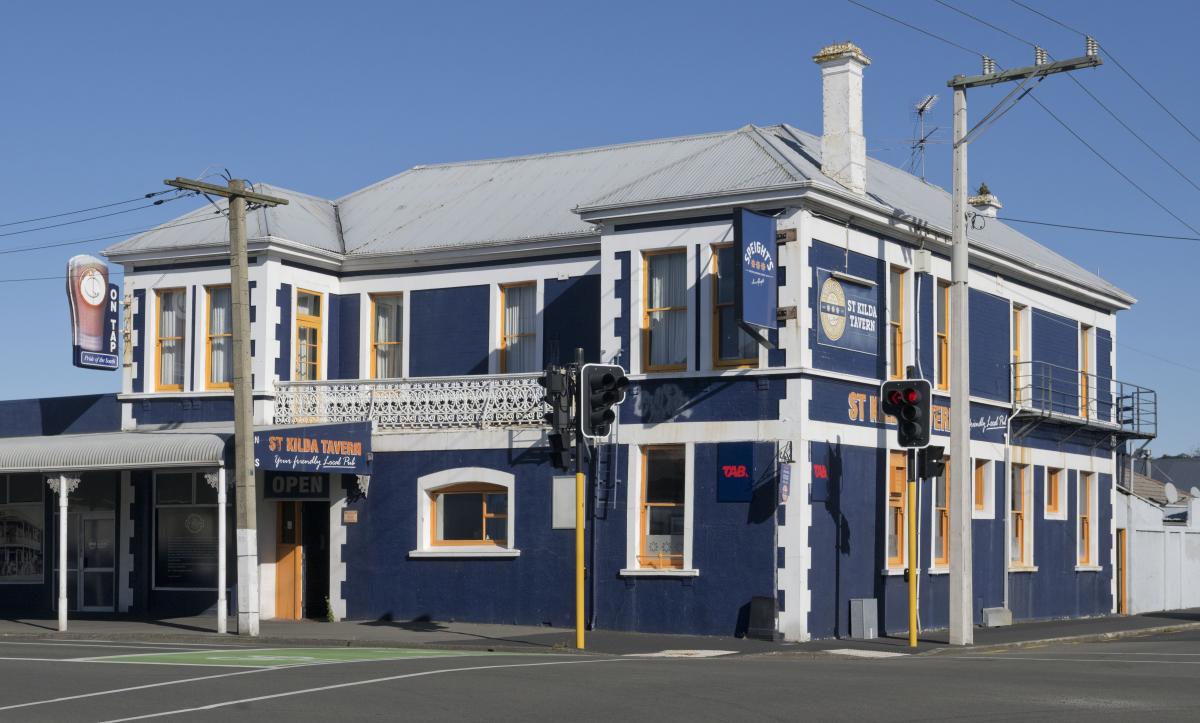According to the latest QV House Price Index, over the past year Dunedin central values dropped 15.1%, the Otago Peninsula and coastal areas fell 10% and Taieri plummeted 20%.
Taieri values plunged 9% in the past three months alone.
The three Dunedin areas had “seen some huge drops in value over the past year”, a statement from QV said.
To contrast, South Dunedin values decreased 2% over the June quarter and were 10% higher than a year ago.
Overall, the average home value across Dunedin dropped 1.5% over the past quarter and 1.3% over the past year — the average home in the city is now worth $635,155 — 11.5% lower than the nationwide peak in late 2021, the statement said.
Values rose in Queenstown and Invercargill, remained relatively steady in Christchurch, while Auckland, Wellington and Dunedin all recorded further declines.
Bayleys Dunedin managing director Chris Maclean said the housing market had “markets within the market” — and the “top end” for Dunedin had been a touch slower.
“There’s nothing untoward about those areas that’s just suddenly popped up and made them undesirable.
“I just think it’s literally just a case of that market being a little bit slower and those areas having more of that market.”
While a 20% drop in the Taieri was a “big number”, Dunedin was quite a relatively small market.
“When you’re talking lower numbers, it doesn’t take too many sales to skew stats.”
Areas such as North and South Dunedin were experiencing more activity with a lot more properties in the first-home buyer and investor markets, which were both more active than that at the higher end, Mr Maclean said.
“It’s just one of those phases we’re going through … I wouldn’t read too much in it. I don’t think it’s anything to be alarmed by.”
NZ Property Solutions director Lyndon Fairbairn said he had “zero concern” about the figures.
“Going forward with the way the interest rates are, we’re moving ahead into the next upward swing of the property cycle.
“So, zero concern.
“No need to look at the past.”
Some sales in the Taieri and Otago Peninsula could be for quite big-ticket items, which could get skewed by a decrease in sales during a certain period, Mr Fairbairn said.
Volumes of apartments in central Dunedin could have also dropped, as well as the conversion of commercial buildings into apartment blocks.
“The ones that we’re selling, they’re taking a lower price because there’s not too much demand for inner-city apartments.
“It’s probably investor stock, mainly, and probably the investors being out of the market is probably a contributing factor to that.”
He recommended inner-city apartment owners consider holding off on selling until the upward swing took full effect.
QV Dunedin registered valuer Becs Wilde said over the past year, the lower quartile of Dunedin’s market had dropped at a greater rate than the upper quartile — down 2% compared with a 0.39% decline.
This indicated demand remained stronger in higher-value areas.
City-wide growth remained positive, albeit minimal, for North and South Dunedin, she said.
The QV statement said the average national home value rose 0.7% over the June quarter to $910,479 — 0.6% lower than a year ago and about 14.5% below the market’s peak in late 2021.
Home values in Invercargill and Queenstown rose 1.6% and 1.9%, respectively, over the past three months, as well as 4.3% and 1.3% over the past year. Gore saw a quarterly gain of 8.8% and Southland values dipped 1%.















